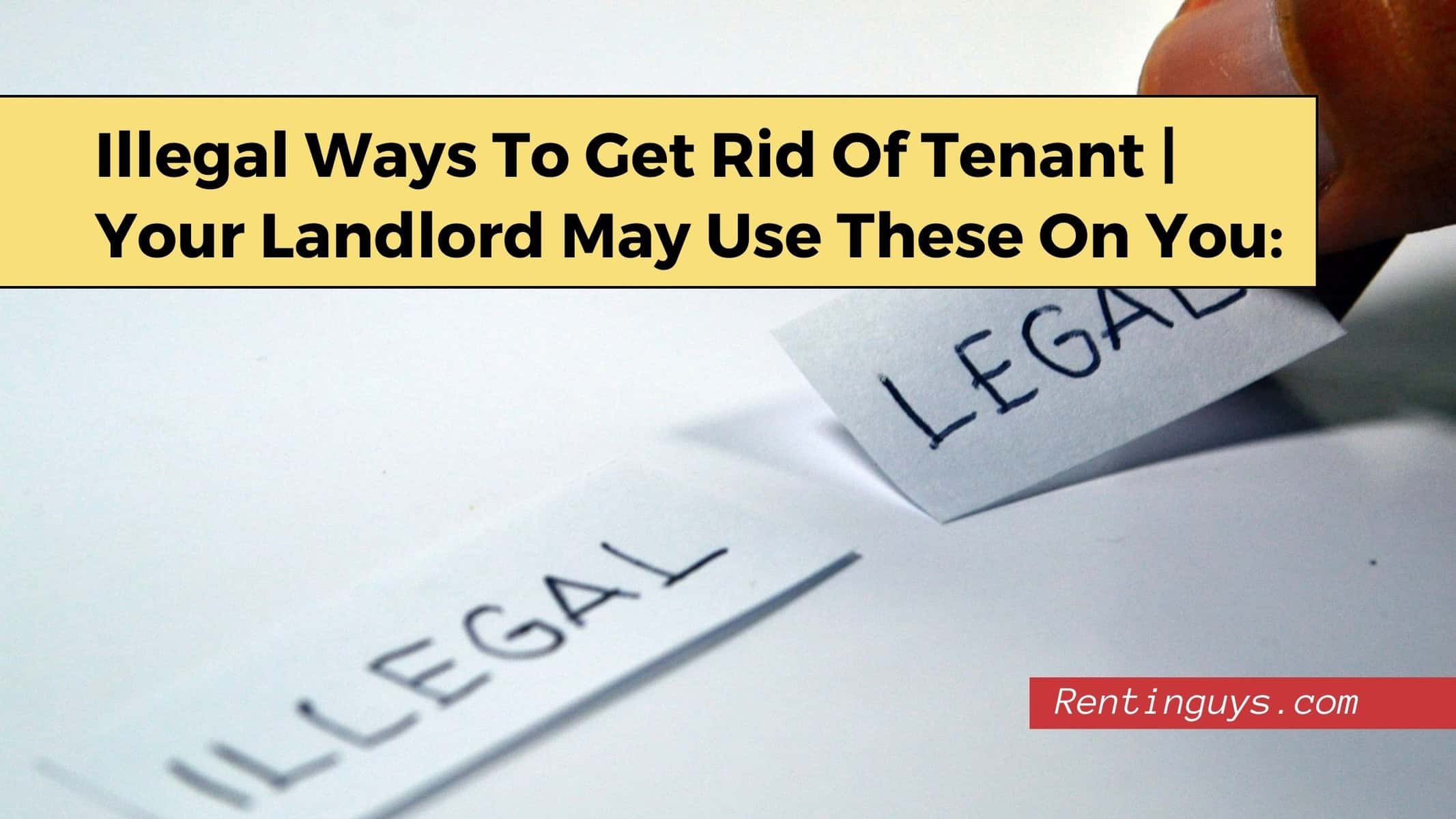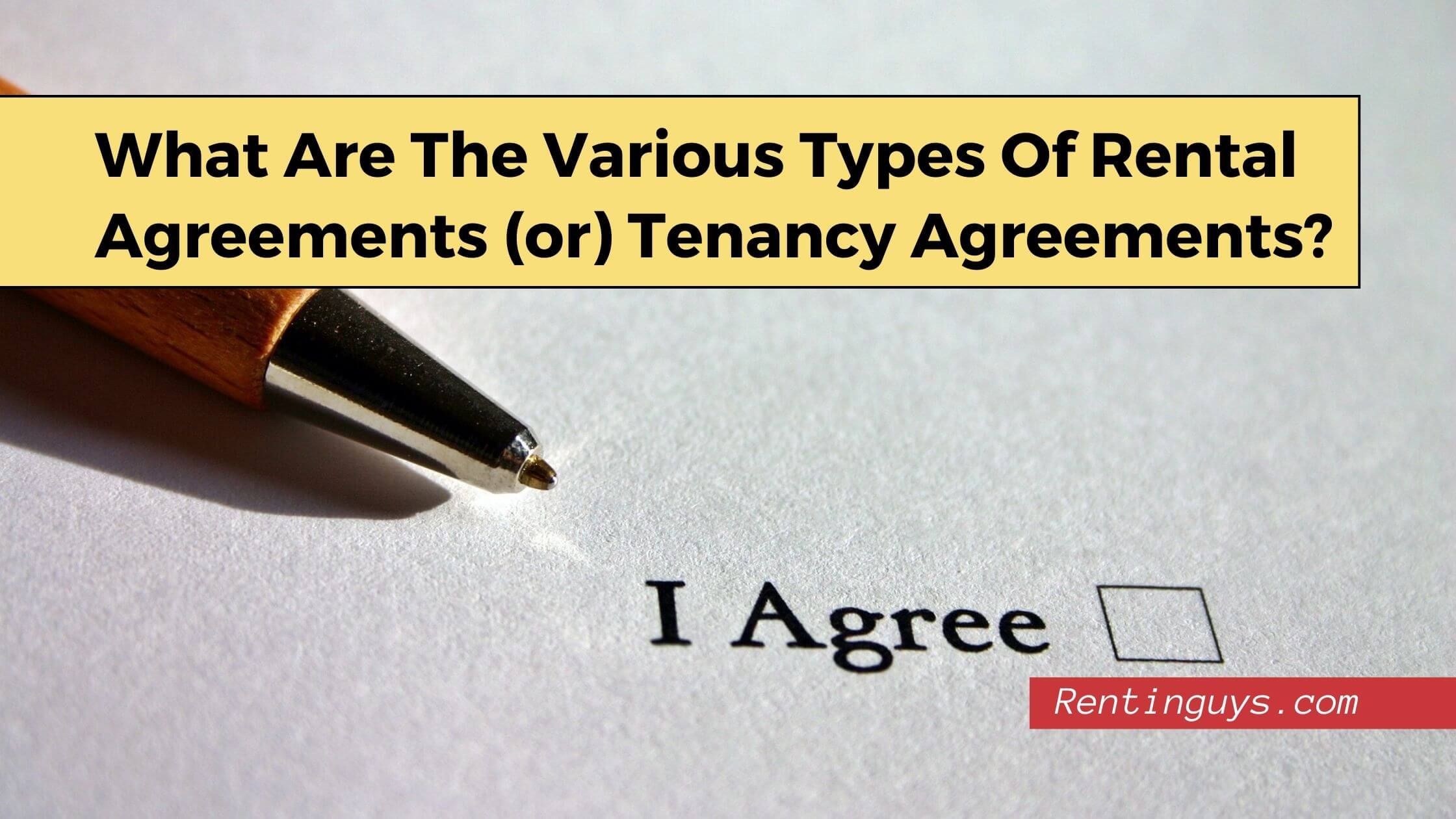Renting a home and making it your own is a tough task as landlords have a long list of do’s and don’ts for their tenants. One of the big no-no for tenants is having pets. Most landlords are not comfortable with having pets on their premises.
Pets and landlords
According to a survey by SpareRoom, 69% of the landlords objected to their tenants having pets. There are many reasons why landlords do not allow pets. A few of them are
- Issues of pet smelling and odor
- Worry about pets damaging the property
- Trouble to neighbors and visitors if the pet is not properly trained
- Inconvenience to the neighbors such as noise pollution and cleanliness issues
- Worries about the suitability of the property for pets
Most landlords have a strict No-pet policy to discourage tenants from bringing home pets. However, it is important to note that the No-pet policy does not apply to tenants with a medical need for animals.
Though there are some problems, there are many advantages of letting out to pet owners. The pros of renting to pet owners are
- Large base of prospective tenants
- Pet owners are willing to pay higher rents
- As it is harder to find pet-friendly accommodations, pet parents prefer to stay for longer tenures
- Responsible pet owners also make good tenants
- There are no issues of hidden pets and angry neighbors
Pets and tenants
There are many emotional and physical health benefits of having pets. Most people need pets to support their mental health.
Emotional support animals provide affection and companionship to people suffering from mental health issues. Service animals are specially trained to aid people with disabilities to carry on their daily activities.
According to a recent survey, more than 72% of renters have pets and are looking for pet-friendly properties. Pet parents are ready to pay extra rent to be able to live with their babies.
However, a strict no-pet policy by the landlord forces them to keep their pet in hiding. Recent statistics show that 21% of tenants keep pets in hiding.
If you are a pet parent, looking to rent a home. Here are some rules to follow
- It is your responsibility that the pet does not cause nuisance and disturb the peace and comfort of the neighbors.
- You should take care that the pet does not cause damage to the property such as scratching the doors or carpets, tearing the curtains and blinds, biting away the wires, damaging the lawn, etc.
- Always maintain hygiene and cleanliness of the surroundings to avoid pet smells and odors on the property.
- Ensure that the pet is well-groomed, healthy, and vaccinated.
- Start training the pet from an early age to avoid accidents and injuries.
Why do landlords allow dogs but not cats?
It is commonly observed that even pet-friendly landlords prefer to allow dogs but are wary of cats. Most cat owners say that it is very difficult to find a home that allows cats.
There are many reasons for this dislike for cats among landlords. Some of them are
- Cats can be destructive. They are often found to exhibit destructive behavior such as scratching the furniture and upholstery, breaking things, and tearing curtains when left unattended at home.
- Their behavior cannot be predicted. Sometimes cats are known to turn violent and attack people even if they are well trained.
- Most of the landlords believe that the odor of cat urine is hard to remove and the entire apartment stinks, which can be a nuisance to the neighbors. Moreover, cat urine is said to contain chemicals that damage the wooden flooring.
- Flea infestations and allergy concerns are the other reasons why landlords dislike cats.
Do landlords have to accept emotional support animals?
Even though the landlord has a no pet policy, they cannot say no to an emotional support animal as these animals are not counted as pets. Emotional support animals can be dogs, cats, birds, fish, or any other species.
An emotional support animal is an animal that aids people with mental health issues to ease the pain and suffering caused by their condition, by providing companionship, warmth, and comfort.
For example, patients suffering from conditions like depression, anxiety disorders, PTSD, etc. are said to benefit from having emotional support animals.
The landlord cannot restrict tenants from having an emotional support animal. However, they can demand to see a prescription from the doctor to support their claim of requiring an emotional support animal.
It is crucial to note that the landlord cannot even charge an extra pet deposit for an emotional support animal. If the animal causes any damage to the property, the landlord can make deductions from the security deposit of the tenant to cover the repair charges.
There are certain scenarios when a landlord can reject a tenant with an emotional support animal.
Such as the accommodation being too small for the animal, making arrangements to make the property suitable for the animal causing a financial burden to the landlord if the animal becomes a threat to the other residents, etc.
It is important to go through your state’s housing laws to get detailed information on emotional support animals.
Landlords do not allow pets as they do not want to get into the hassle of property damage and complaints from neighbors.
Most of them implement a strict no-pet policy to prevent tenants from bringing home pets. However, more than two-thirds of the renters have pets and are willing to pay high rentals to get a comfortable home to share with their pets.
In such a scenario, there are many advantages for landlords to rending out their properties to pet owners.
To avoid conflict, pet owners must also be responsible and ensure that their pets do not cause any disturbance to fellow residents.
Pets should always be well-groomed, vaccinated, and trained to ensure that they do not attack others, or damage their property.
Pet owners should take responsibility for any damage caused by their pets and offer to bear the repairing expenses to give confidence to the landlords.






